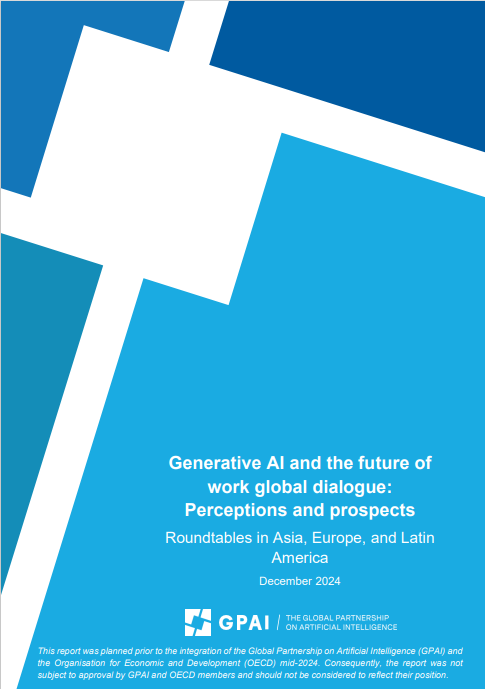As European labour markets become increasingly digitalised, concerns about inequality and poverty are increasing. This study, completed for the European Commission, seeks to investigate these concerns further. Part A focuses on how prepared EU Member States are to manage the digital transformation in a socially fair manner. It develops 27 country fiches assessing the current and future prospects of each EU Member State. Key areas of focus include the labour market, individuals’ digital skills, social protection, and cross-cutting dimensions such as the digitalisation of businesses and digital infrastructure. Part B of the study reviews – through 30 case studies – some of the main actual and potential uses by a country’s public sector of digital technologies (including AI) for improving the design and the delivery of social benefits and active labour market policies, as well as for complementing how poverty and income inequality are measured.
Part A of the study can be downloaded on this page. Part B of the study can be found here.











